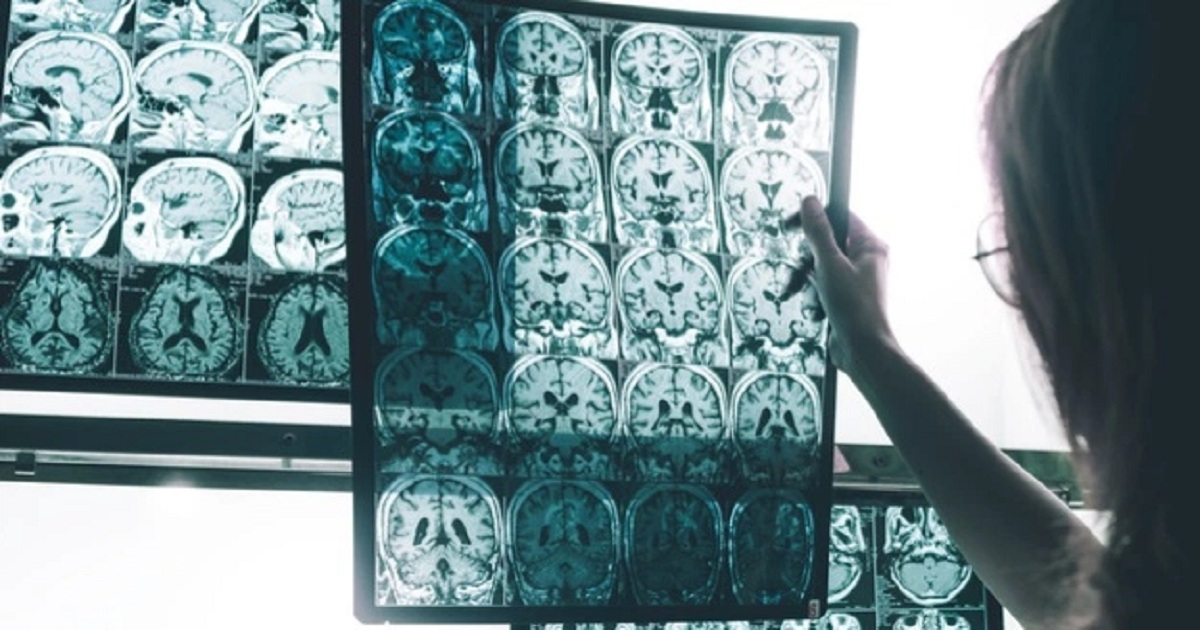Alzheimer’s: New Approaches and New Hope
Biospace.com | January 10, 2019

Unfortunately, 2018 marked yet another bad year for Alzheimer’s disease drug development. There were easily half-a-dozen major clinical drug trial failures, leading one analyst to call Alzheimer’s drug development “an unrelenting disaster zone.” These failures included: Takeda Pharmaceutical and Zinfandel Pharmaceuticals abandoned their five-year Phase III TOMORROW trial after an interim analysis of pioglitazone in mild cognitive impairment due to Alzheimer’s disease; Boehringer Ingelheim indicated it was abandoning its Phase II compound BI 409306 after it failed to meet its endpoints; Merck & Co. said it was halting protocol 019, its APECS Phase III clinical trial of verubecestat (MK-8931) in Alzheimer’s after an external Data Monitoring Committee (eDMC) recommended ending it after an interim safety analysis; vTv Therapeutics announced its azeliragon failed to meet either co-primary efficacy endpoint in its Phase III STEADFAST clinical trial in patients with mild Alzheimer’s disease, and several others. Most of the Alzheimer’s drugs that have failed so far have focused on halting the accumulation of amyloid plaques, or in clearing those plaques. Even when the drugs are successful in doing so, however, they have not improved cognition and memory issues. This has led critics to question if the amyloid theory of Alzheimer’s is, in fact, the wrong path.